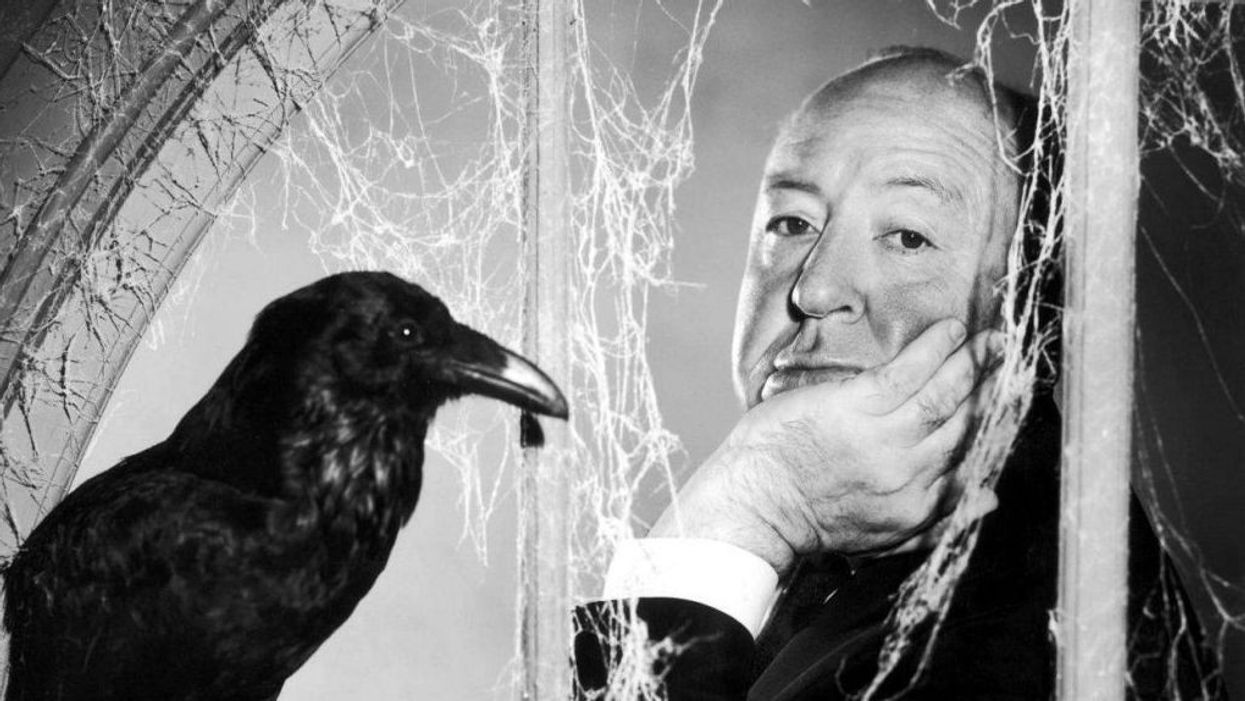3 Cinematic Techniques Alfred Hitchcock Used to Make His Films Stand Out
As a director, Alfred Hitchcock is in a league of his own, but what kinds of cinematic techniques did he use to make his films so iconic?

Alfred Hitchcock was an absolute master of cinema. His complete understanding of the art form allowed him to construct complex cinematic worlds around his audience as they watch his unsavory cast of killers, thugs, and cheats lay waste to his damaged, but determined, heroes. But how exactly did Hitchcock do it? In this video, Sven Pape of This Guy Edits names three techniques that ol' Hitch used in most, if not all, of his films in order to make them the most thrilling, well-told stories in cinematic history.
Pure cinema
Hitchcock was an incredible visual storyteller, preferring to use images rather than dialogue to convey emotions and create moods in his work. It's clear that Hitchcock had a great appreciation for the work of early Soviet filmmakers, including Sergei Eisenstein, Lev Kuleshov, Dziga Vertov, and Vsevolod Pudovkin, because of the way he constructed his films visually. According to the Soviet Montage Theory, developed by these Soviet filmmakers, it is editing, not the narrative, that gives films their meaning, so rather than using dialogue and exposition to tell his stories, Hitchcock uses editing and visuals instead.
Suspense
They don't call him the Master of Suspense for nothing. Hitchcock made a career out of keeping audiences on the edge of their seats, patiently waiting for the optimal time to pull back the curtain and reveal what terrible thing was waiting on the other side. If you want to make thrillers or crime films but are unsure of how to build suspense cinematically, keep in mind what Hitchcock said about it, "There is no terror in the bang, only in the anticipation for it." A good way of creating that anticipation is letting your audience in on something your protagonist doesn't know.

Chance
This is an interesting observation made by Pape, and quite frankly, I've never really thought of it before, specifically in regards to Hitchcock's filmmaking. It's true though, Hitchcock does allow for one circumstance of chance to occur somewhere near the beginning of his films, which makes sense because his protagonists are typically horribly ill-fated, so why not make the circumstance which lead to their dead a circumstance of chance? Despite that, though, Hitchcock leaves nothing else up to chance in that the rest of the events that unfold during the film are motivated—you won't find a deus ex machina in a Hitchcock film.
All three of these techniques that Hitchcock has used in his films are incredibly important for crafting a cinematic environment where suspense, cinematic unity, and visual storytelling can flourish. They definitely will come in handy the next time you work on a project.
Source: This Guy Edits
















